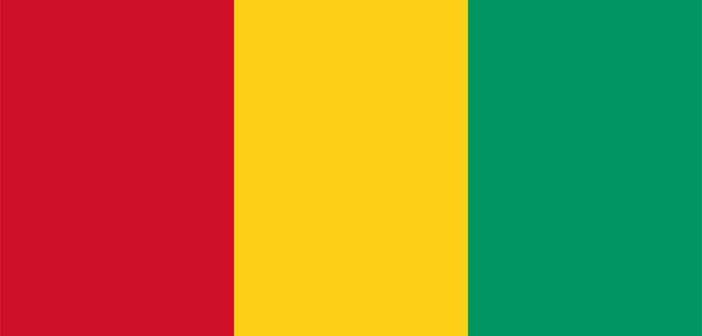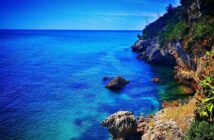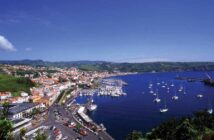- “Black and White in Colour” (1976): Directed by Jean-Jacques Annaud, this Franco-Ivorian film takes place during World War I and depicts the rivalry between French and German colonial forces in Guinea.
- “Guimba the Tyrant” (1995): Directed by Cheick Oumar Sissoko, this Malian-Guinean film is set in an unnamed medieval West African kingdom. Though not specifically set in Guinea, Sissoko is a renowned filmmaker from Guinea and the movie explores themes of power and tyranny.
- “Guinea Pigging” (2020): Directed by Ian Midlane, this documentary follows an English journalist who travels to Guinea to investigate the country’s role in the pharmaceutical industry. It sheds light on the ethical concerns surrounding medical trials conducted in the country.
- “The Price of Sugar” (2007): Directed by Bill Haney, this documentary highlights the harsh conditions faced by laborers on sugar plantations in the Dominican Republic. While the main focus of the film is the Dominican Republic, it touches upon the connections between the sugar industry and Guinea.
- “Moolaadé” (2004): Directed by Ousmane Sembčne, a pioneering Senegalese filmmaker, this film addresses the practice of female genital mutilation (FGM) in a fictional African village. Although the specific location is not mentioned, Sembčne was born in Guinea. “Moolaadé” tackles important social and cultural issues prevalent in many African countries, including Guinea.
- “The Radiance of the King” by Camara Laye: This novel, written by the Guinean author Camara Laye, explores themes of identity and colonialism. The story follows Clarence, a European who finds himself lost and searching for meaning in the unfamiliar land of Africa, including Guinea.
- “I, The Supreme” by Augusto Roa Bastos: Although not exclusively set in Guinea, this novel features historical figures like Francisco Solano López, the 19th-century dictator of Paraguay. Guinea is mentioned as a place where López seeks support during his rule.
- “The Imam and the Pastor” by Asher Cowper Coates: This non-fiction book focuses on the peacebuilding efforts by Imam Muhammad Abdullahi Abubakar and Pastor James Wuye in Nigeria. While the events primarily take place in Nigeria, the book mentions their visit to Guinea-Conakry for the Organization of Islamic Cooperation meeting.
- “Quarantine the Devil” by Yusuf Juwayeyi: This novel explores political oppression and resistance in Nigeria during the 1980s and 1990s. The story delves into the experiences of characters who flee to neighbouring countries, including Guinea, seeking refuge.
- “The Dark Child” by Camara Laye: Another notable work by Camara Laye, this autobiographical novel provides a glimpse into the author’s childhood in Guinea. It vividly portrays his journey from a remote village to the city of Conakry, capturing the cultural richness and challenges he faced.
WANDERLIST: Guinea in books and on film
0
Share.




